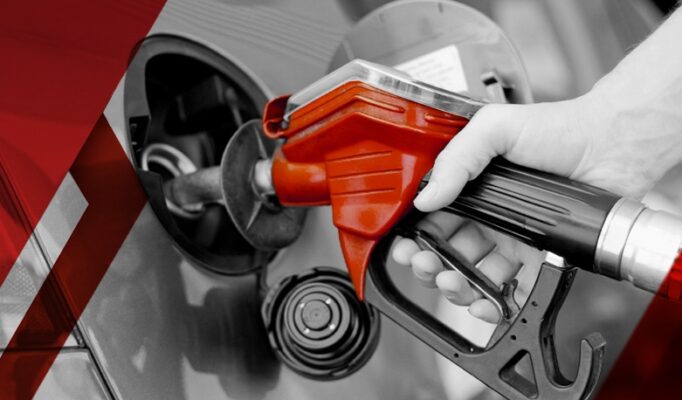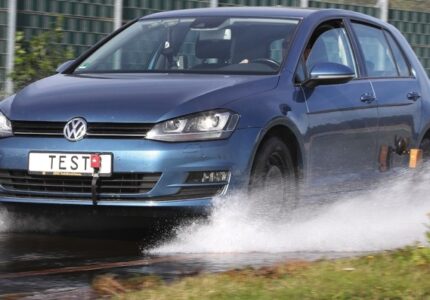Before you buy a car, it’s important to decide whether you prefer a petrol or diesel engine. Each has its own advantages. If you are planning to buy a new car and are still undecided about the type of powertrain, there are a few facts you may want to know.
Background
Older motorists remember well how the number of diesel cars increased dramatically in the mid to late 90s. The stereotype that diesel-powered engines were only fitted to ‘industrial’ vehicles has been shattered.
Today, automobile manufacturers offer us a variety of diesel engines. This makes it possible for everyone to choose an option to their liking.
Dynamics
If you analyse and compare the manufacturer’s claims for petrol and diesel vehicles, you’ll notice a tendency: the diesel provides more torque, but is usually inferior in maximum output. This is true: the diesel engine can’t develop the same output as the petrol engine, but it does provide maximum torque from the very first seconds. For the same volume, the diesel engine’s fuel consumption is about 20 percent lower than that of its petrol counterpart. This leads to considerable savings in fuel costs.
Repairability and fuel requirements
It has been proven that diesel vehicles have a long service life. The diesel engine is more demanding on fuel quality, but this has a positive effect on the service life of many chassis components and mechanisms.
It is worth noting the disadvantage: the diesel engine has a more complex structure, so its repair is possible only in a specialized service center. And the cost of components is essentially higher.
Experienced “diesel drivers” know one more important nuance of operation – it is driving in cold season. If the temperature in the street falls below -15°C, one has to use the winter type of diesel fuel (the “summer” types become too thick and turn into a jelly-like mass in frosty weather). In some cases it may be difficult to start the engine in extreme cold.
Can the type of engine affect comfort levels?
Diesel cars are slightly heavier than their petrol counterparts and this affects weight distribution. For this reason, a diesel is less manoeuvrable, which can make driving difficult for the novice driver.
There is also another nuance to pay attention to – the noise level. Diesel engines tend to be noisier than petrol engines. If you have an expensive executive automobile, the soundproofing provided by the manufacturer will smooth over this disadvantage. But if you bought an inexpensive diesel car from hand, and moreover, with untested technical condition, extra noise will surely accompany you every trip.
As for price, a car with a petrol engine will cost you a bit cheaper. It’s also much cheaper to maintain, thanks to the reduced cost of parts and repairs.
Eco-friendliness
While a decade ago, a diesel car could be recognised by the black, acrid exhaust smoke, today this is a rare occurrence. The world’s leading car manufacturers have significantly reduced the emission of harmful substances in their exhaust gases, making the diesel much more environmentally friendly.
Diesel or petrol: pros and cons
To summarise these features, the advantages of diesel vehicles include:
- lower fuel consumption;
- higher torque;
- Better engine efficiency due to higher fuel compression;
- longer service life of the engine and chassis mechanisms due to the special chemical composition and lubricating properties of diesel fuel
- reliability;
- longer cruising range.
Advantages of petrol cars:
- less demanding to quality of petrol;
- high maximum power and speed;
- no problems with engine starting in cold weather;
- more accessible maintenance.
As you can see, advantages of one type of engines are disadvantages of another. Carefully analyze everything, consider your possibilities, experience, peculiarities, pros and cons and operating conditions. Each manufacturer strives to keep the disadvantages of the car to a minimum, so you can’t say that any of the car types looks more advantageous. The differences affect some of the technical features, so you can always choose the option that best suits your capabilities, skills and expectations.






